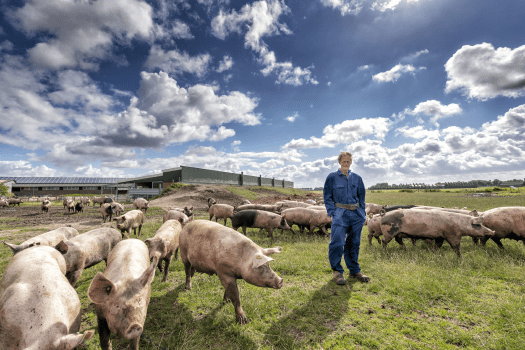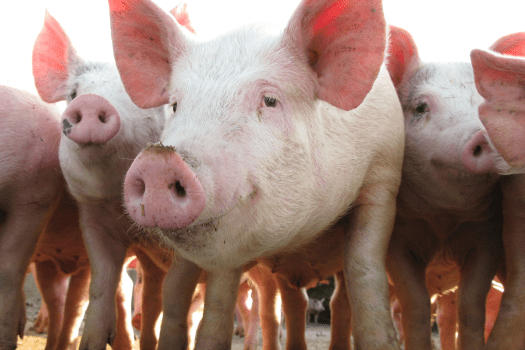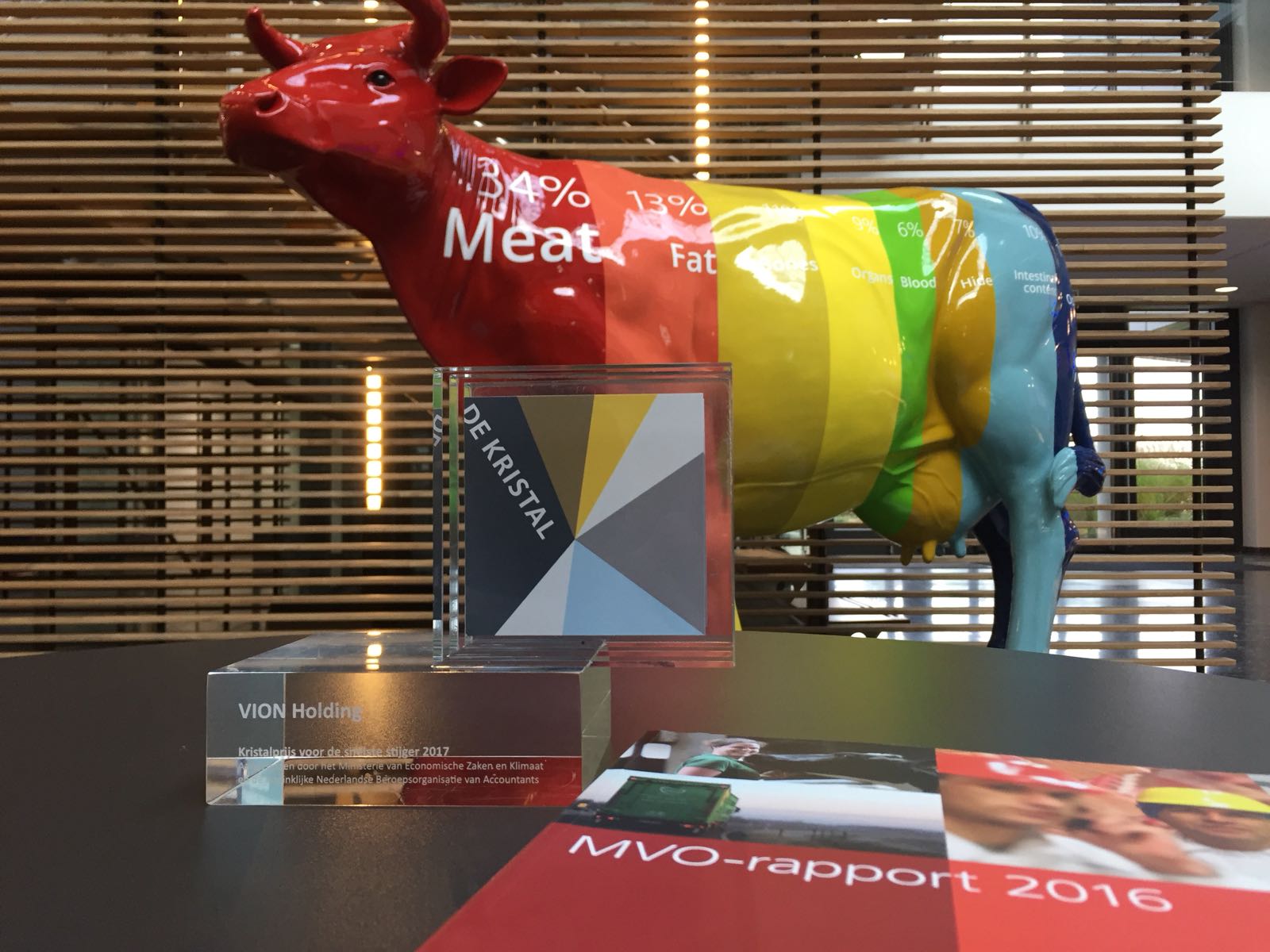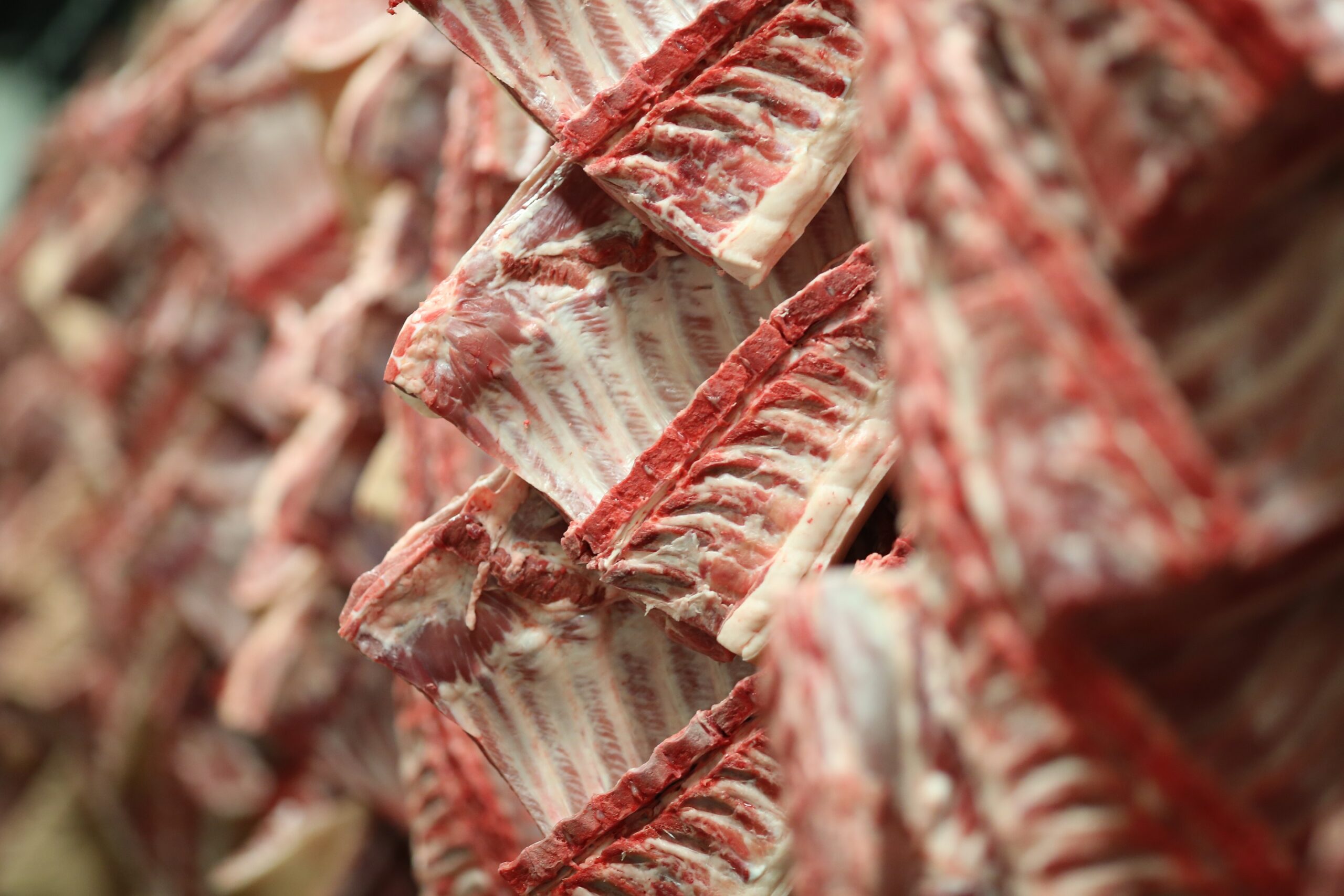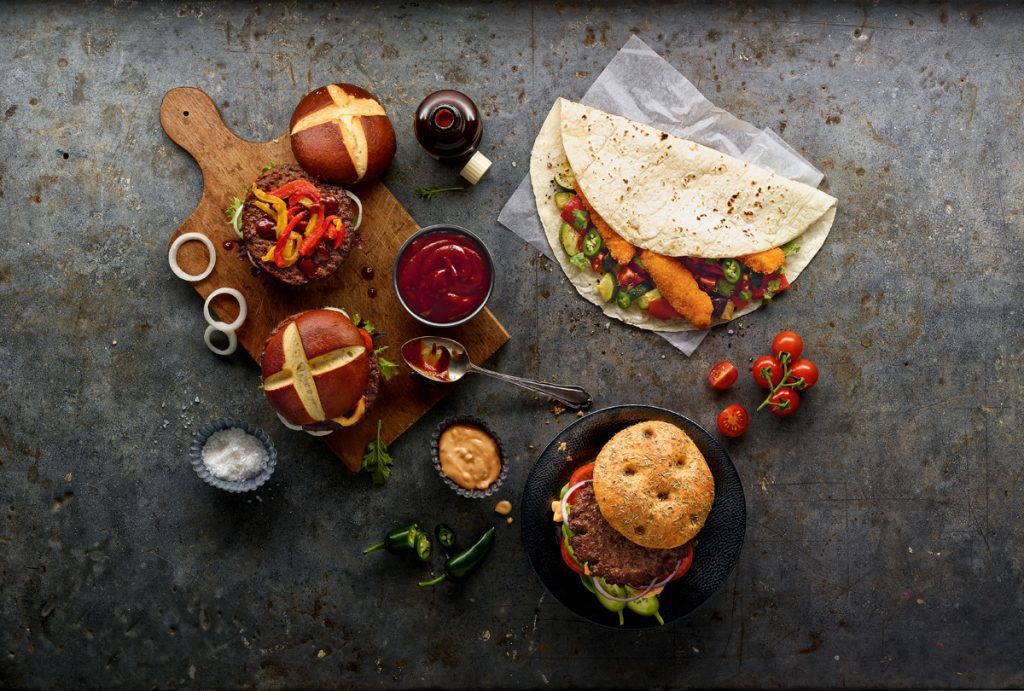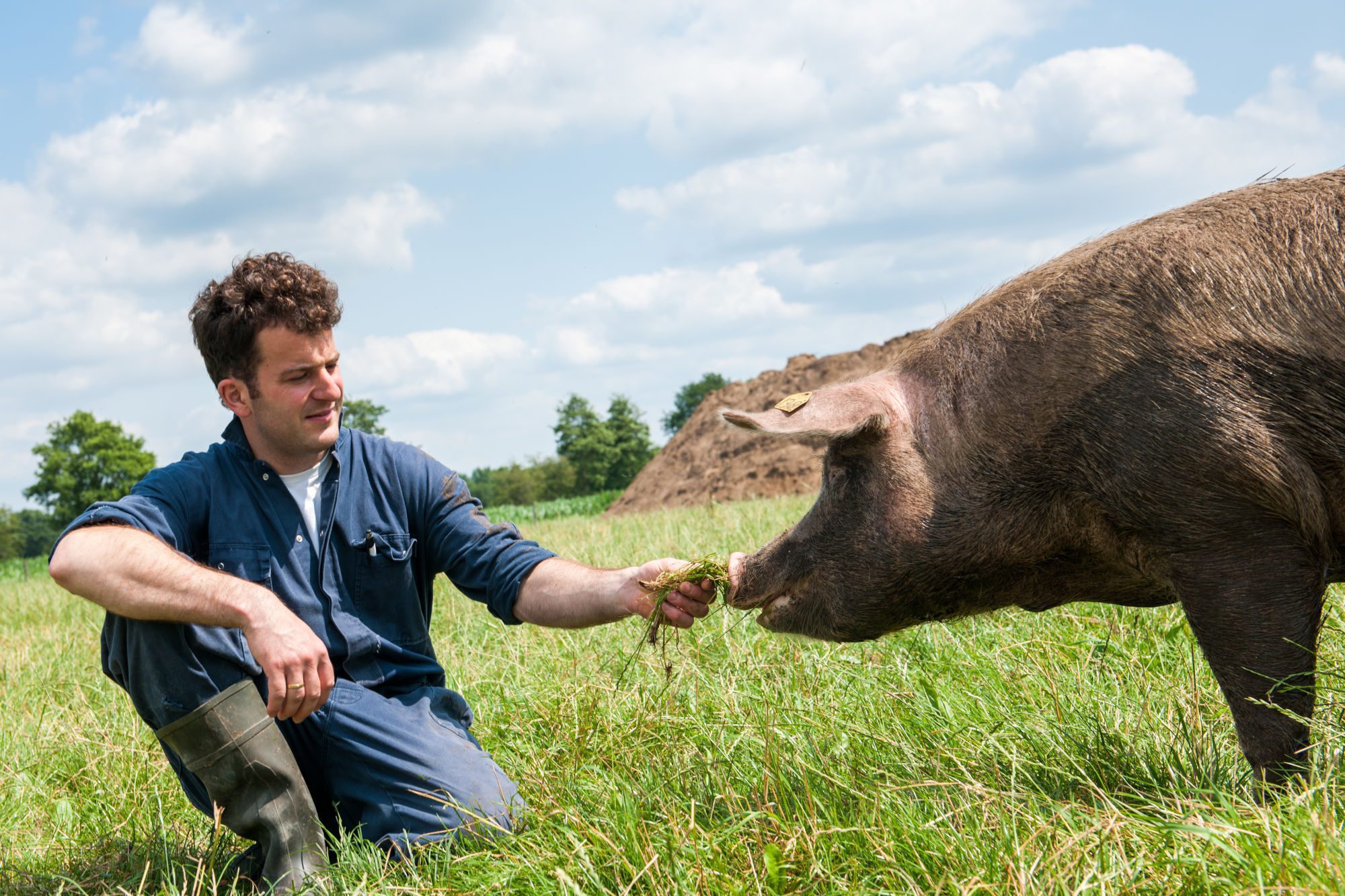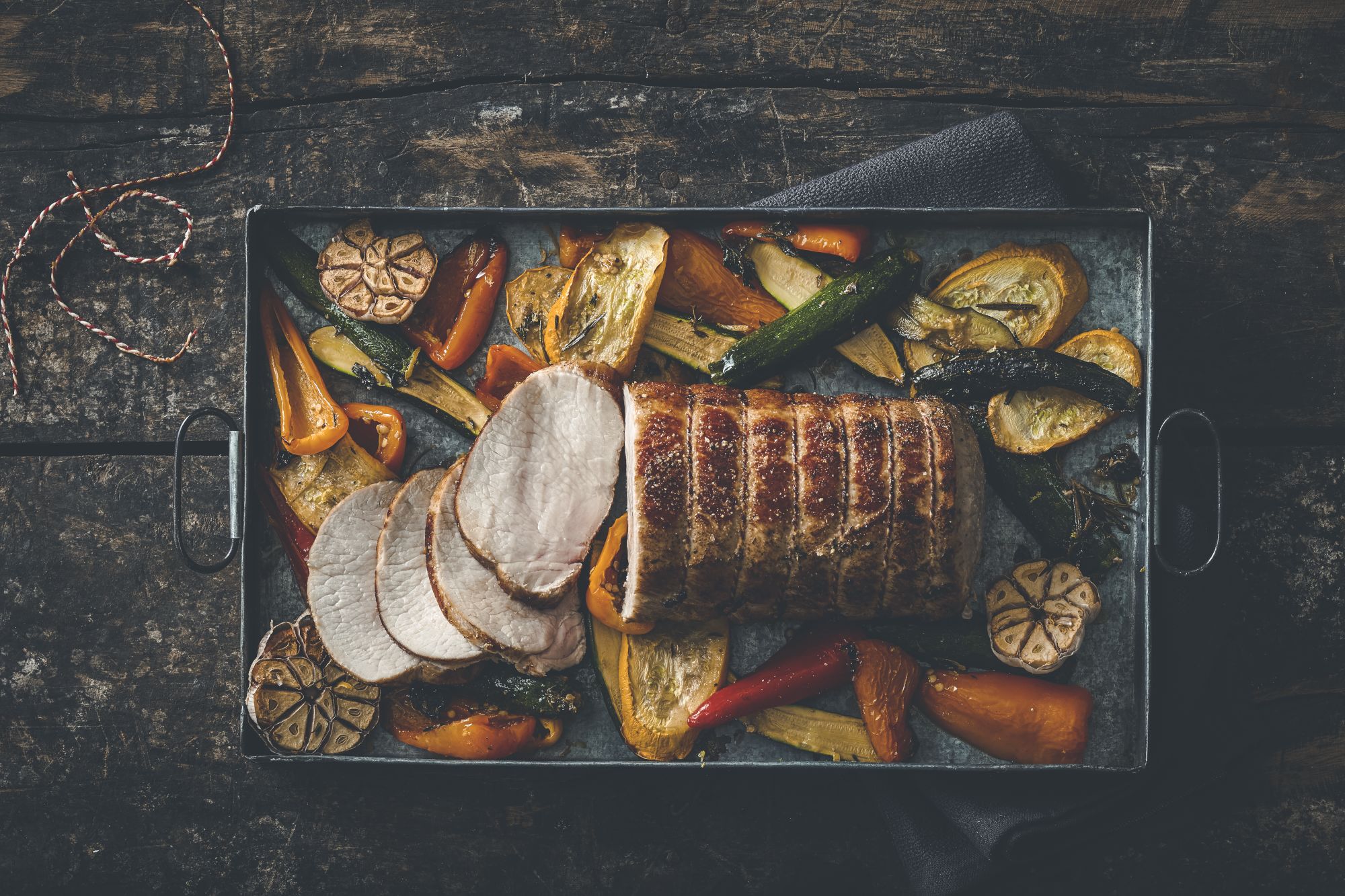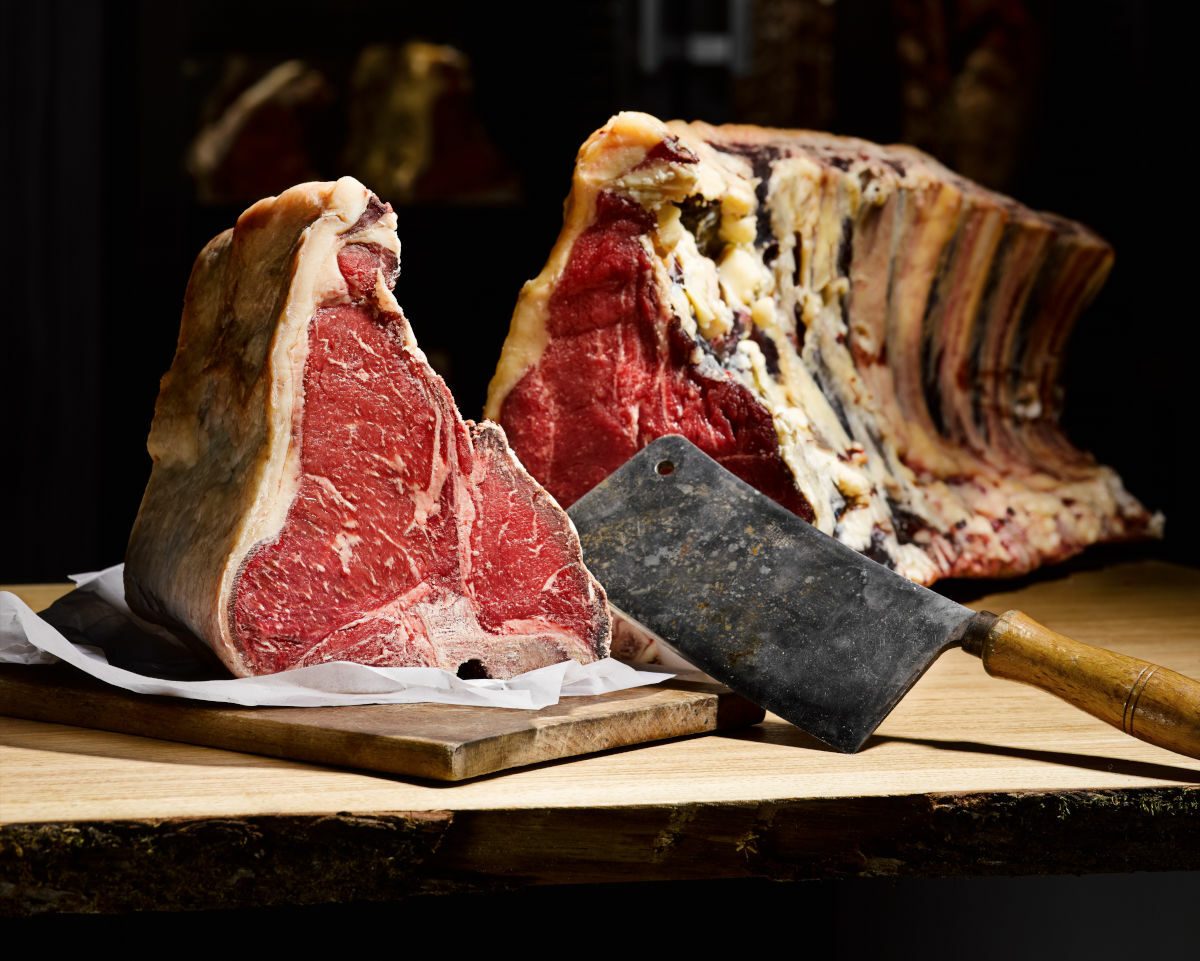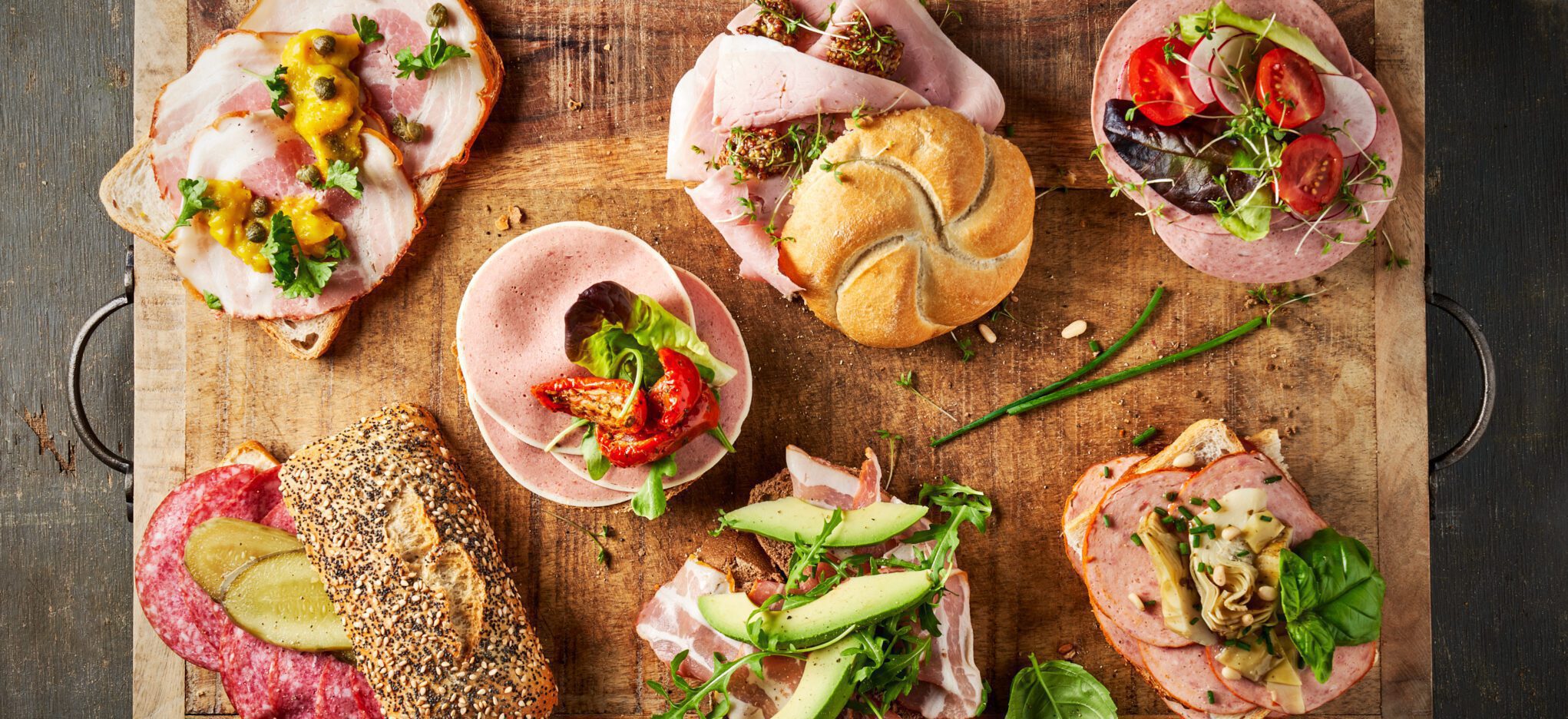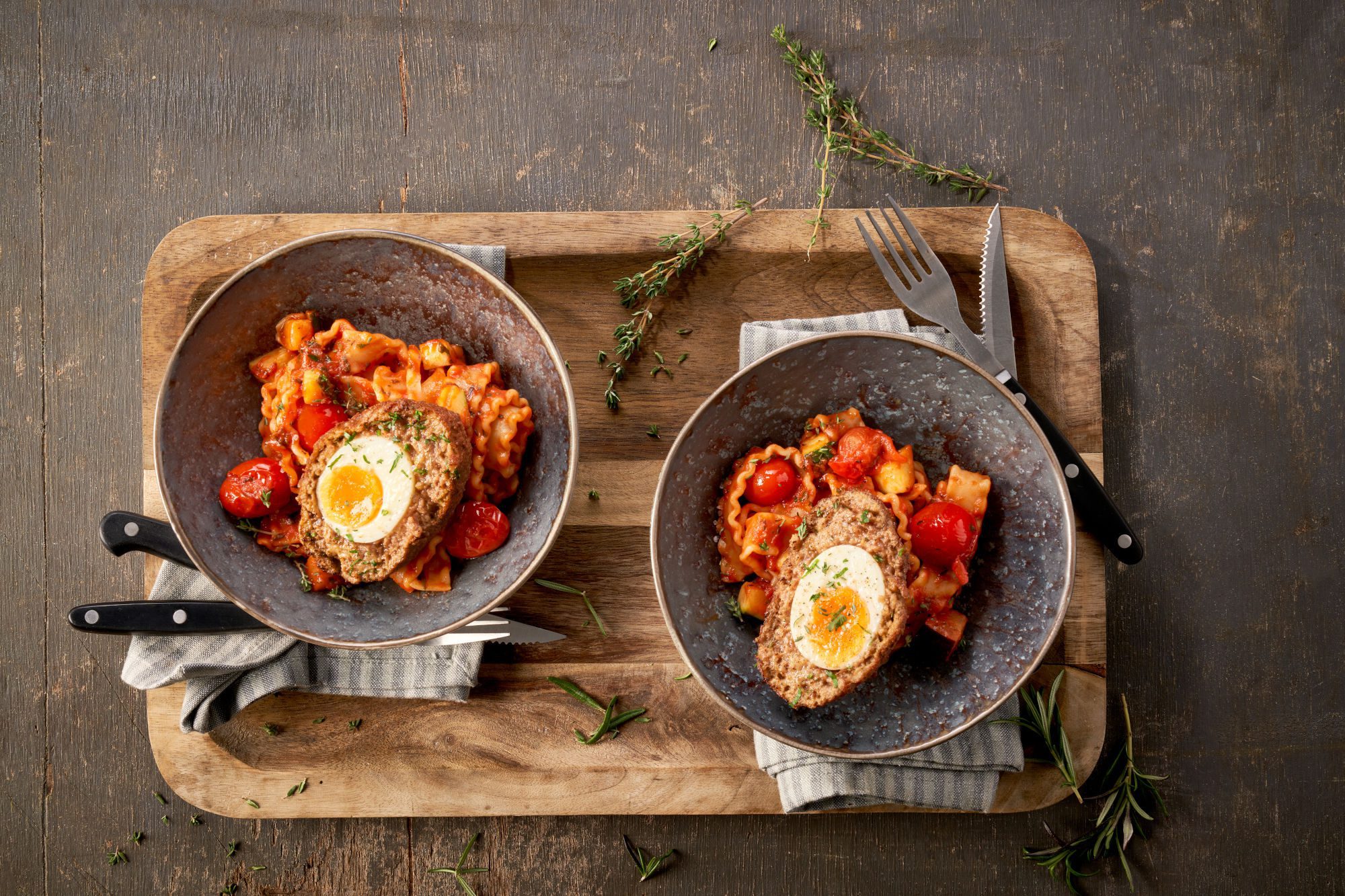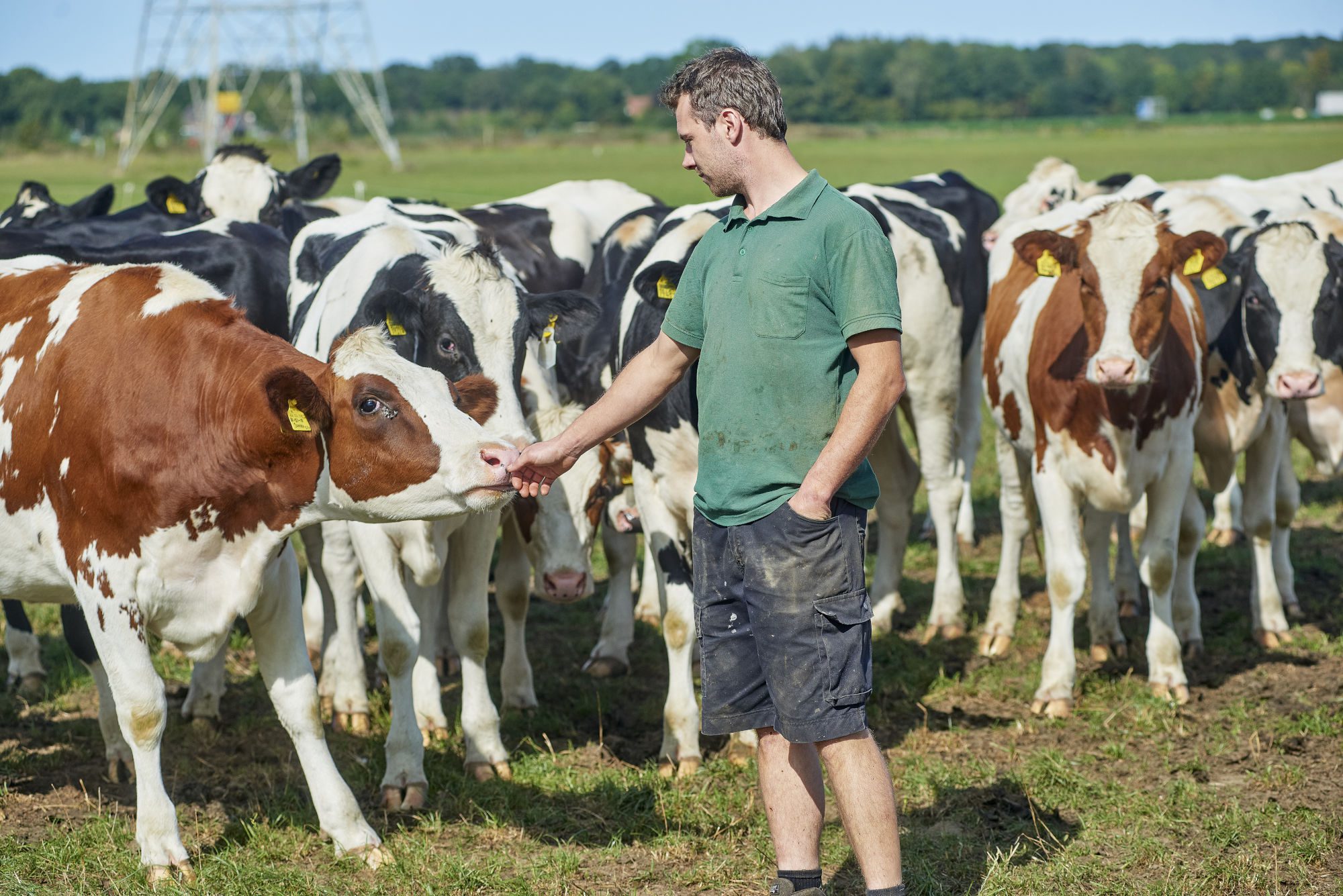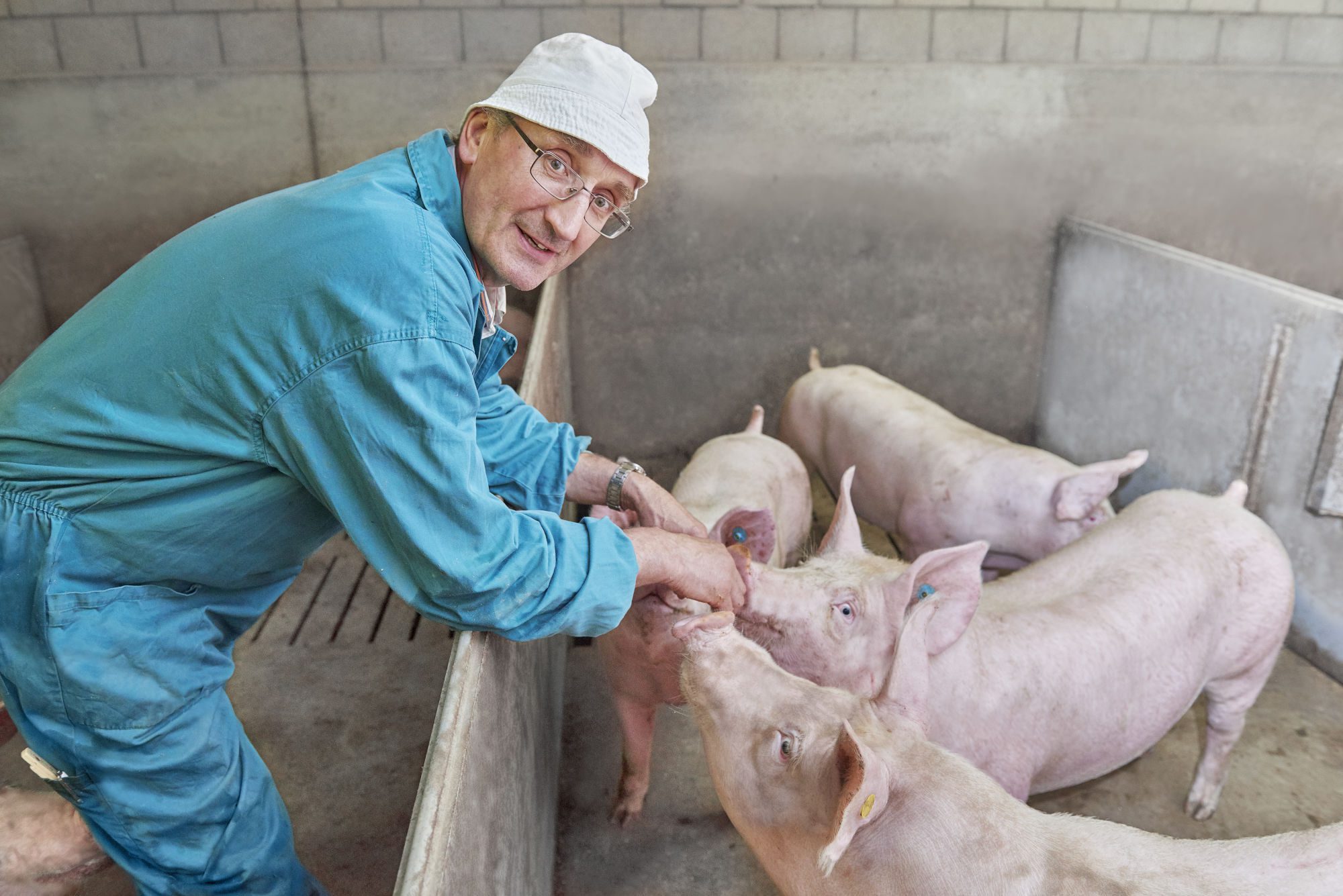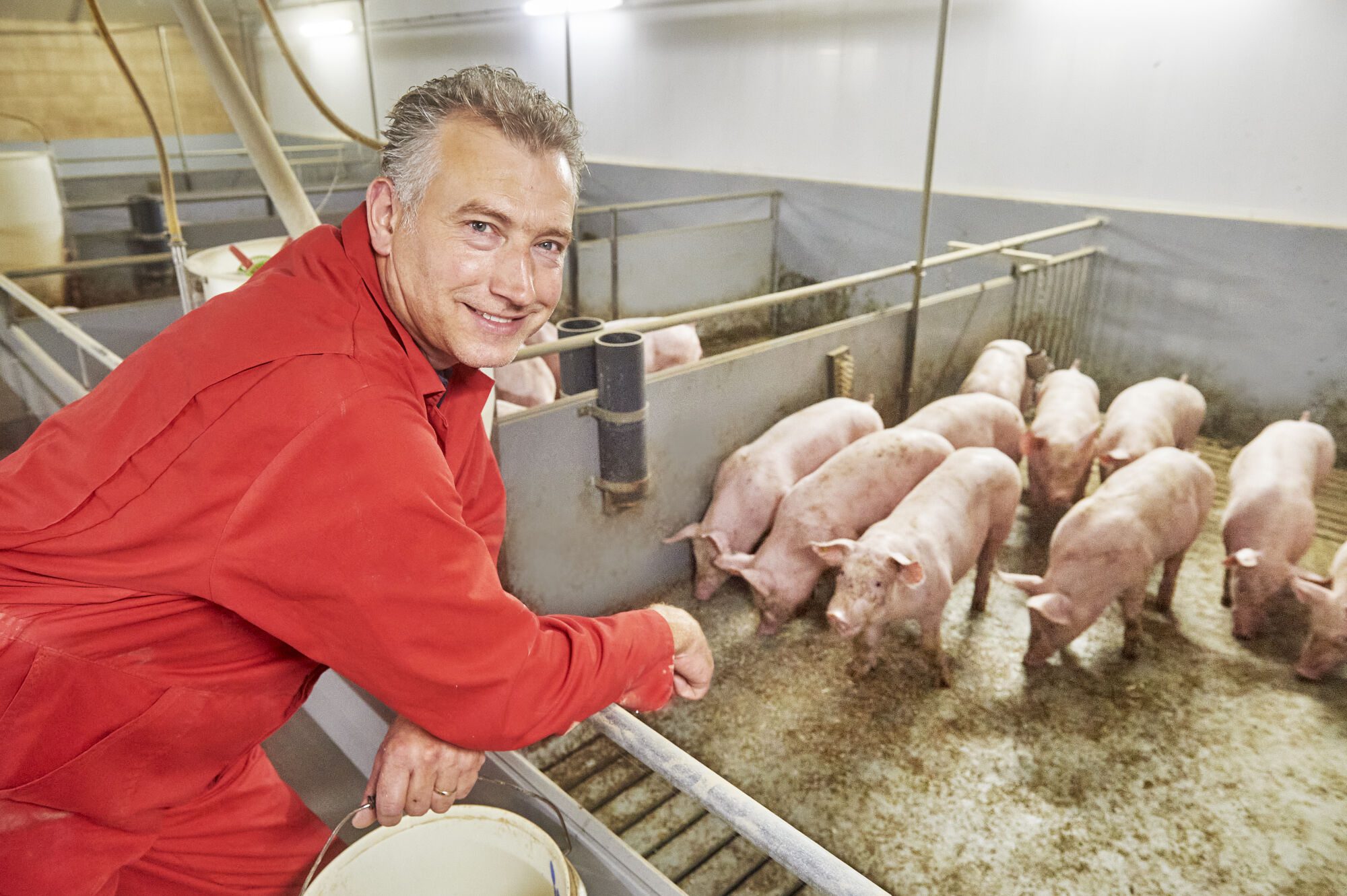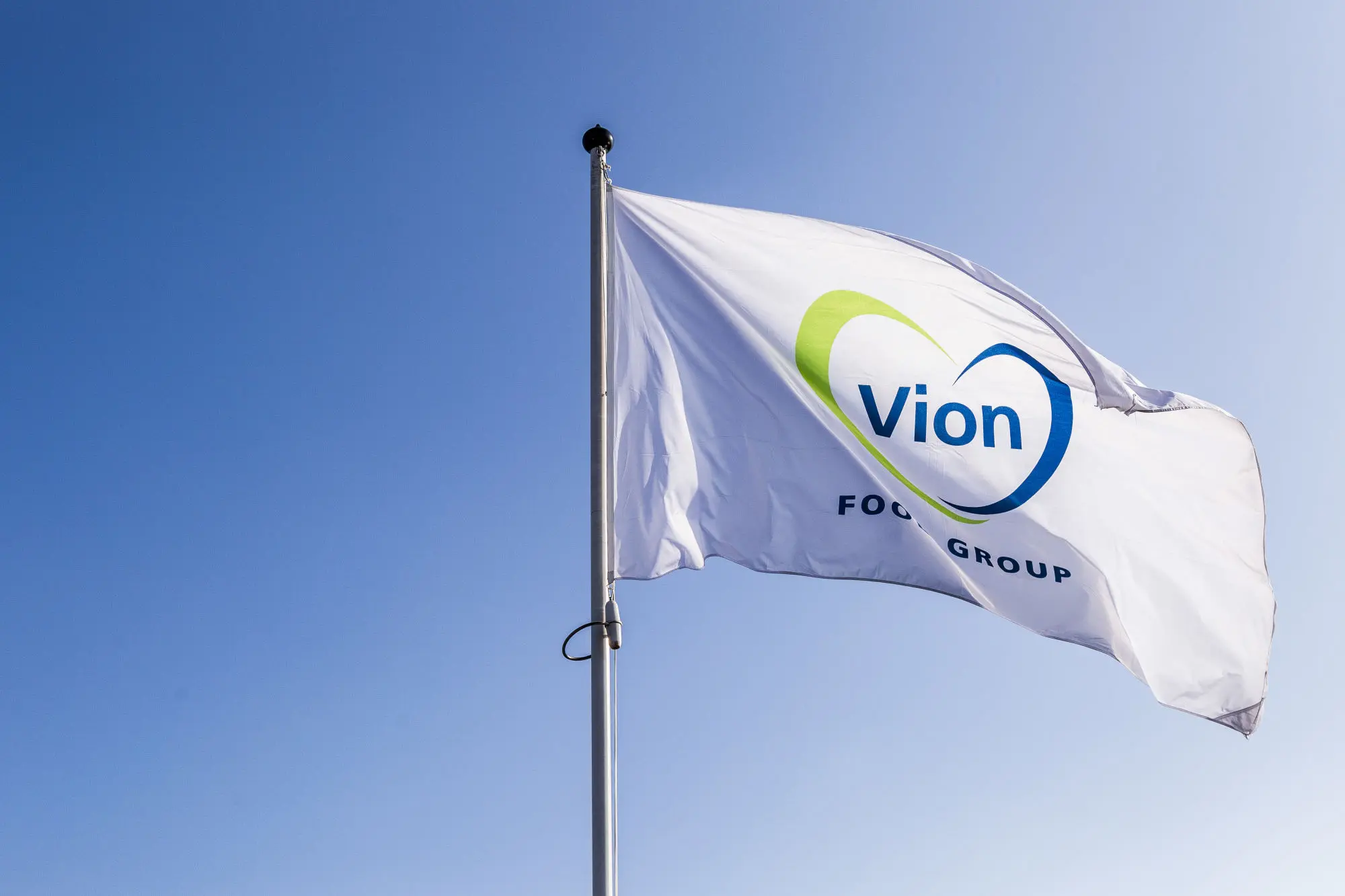When it comes to animal welfare, food safety, climate footprint or regional meat supply in Bavaria or Baden-Württemberg, politicians from both German federal states often turn to Vion sites as their primary destination.
It is precisely these issues – animal welfare, sustainability and regionality – that are becoming increasingly important to consumers when it comes to meat. Consequently, they were the focus when members of the state parliaments in Baden-Württemberg and Bavaria recently visited three Vion farms in Crailsheim, Waldkraiburg and Landshut.
During the insightful exchange with the Vion managers on-site, Paul Knoblach, spokesperson for animal welfare for the Green Party parliamentary group in Bavaria, was impressed by the data protection-compliant AI-controlled video surveillance of the live animal areas at the Waldkraiburg cattle slaughter plant.
Improving animal welfare
In 2017, Vion had already well ahead of the legal requirements by implementing camera surveillance across all its German farms. Now, the company even uses artificial intelligence (AI) to analyse the vast amounts of image data from these cameras, focusing on interactions between people, animals, and objects to ensure own animal welfare standards are met. Paul Knoblach, a member of parliament and an organic farmer for decades: “AI-supported cameras simply work faster and more reliably than our human eye. With this high-tech application for the respectful treatment of animals, Vion, as the largest abattoir operator in our region, shows how the endeavours of responsible farmers to improve animal welfare and animal health are seamlessly continued in meat production.”
Responsible economic success
At the beginning of the month, Martina Braun, Jutta Niemann and Catherine Kern visited the Crailsheim cattle and pig slaughterhouse to learn about Vion’s standards in food safety, sustainability, animal welfare and technology. The Green parliamentarians from Baden-Württemberg also discussed the site’s significance to the regional economy, highlighting its role as a local supplier of meat and meat products and as an employer and training center with over 700 employees. Martina Braun, animal welfare spokesperson for her parliamentary group in the Stuttgart state parliament, noted, “Vion in Crailsheim shows that it is possible to combine economic success with social responsibility and environmental awareness, as society expects.”
Self-sufficiency with regional products
At the beginning of this week, Mia Goller, the Green spokesperson for agriculture and forestry in the Bavarian state parliament, emphasized the need for appropriate political framework conditions, particularly given the current challenges facing agriculture. During her visit to the Vion pig slaughterhouse in Landshut, she stressed the importance of the future of higher husbandry programs. She noted that “agriculture is sometimes being ground up between the political parties,” and that the future and investment security of farmers require clear statements from politicians. Goller highlighted the need for cross-party dialogue to develop and promote a common vision. A crucial part of this vision, she stated, is self-sufficiency with regional products to protect domestic markets from the risk of import dependency for meat.
